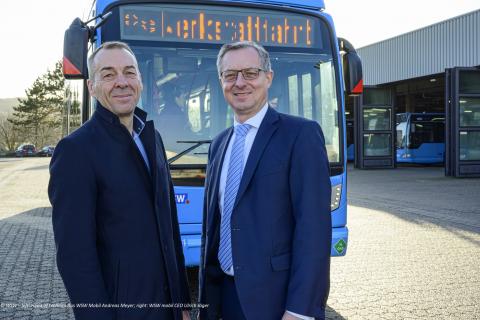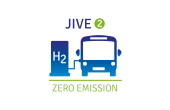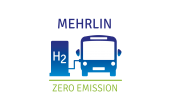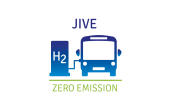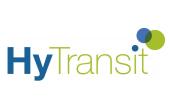We have spoken with Andreas Meyer, Head of technics Bus WSW Mobil. Andreas is at the centre of the bus deployments within the framework of the JIVE project, financed by the FCH JU, and told us about this innovative project and its development in Wuppertal.
Many projects are dealing with hydrogen mobility. Why does JIVE stand out?
JIVE offers the possibility to be part of a project with Europe and the opportunity to exchange views on all aspects with the project partners. The exchange and lessons learned from other cities are key and inspire our project.
Hydrogen has been in the spotlight lately, especially after the announcement of the German and the European Commission’s Hydrogen Strategies. How does it feel to be part of this road to the decarbonisation of Europe?
Being part of a new era of mobility makes us very proud. The fact that we decided from the outset to use hydrogen as a driving force, and that we have defended this decision time and again against the sceptics, is now reinforced and recognised by the political strategy in Germany and Europe.
Wuppertal is the first JIVE city that has deployed all the planned buses. How was the journey to be the first city to reach this milestone?
It is not particularly important for us to be the first to have all the buses in service. I see JIVE more like a real community project, where the sharing of all challenges at an early stage has given us the ball to be the first. But of course, on the other hand, as a former athlete, it is always nice to be the first.
Before reaching this milestone, there was much work involved, which our team, led by Julian Holz, was able to achieve with a lot of commitment.
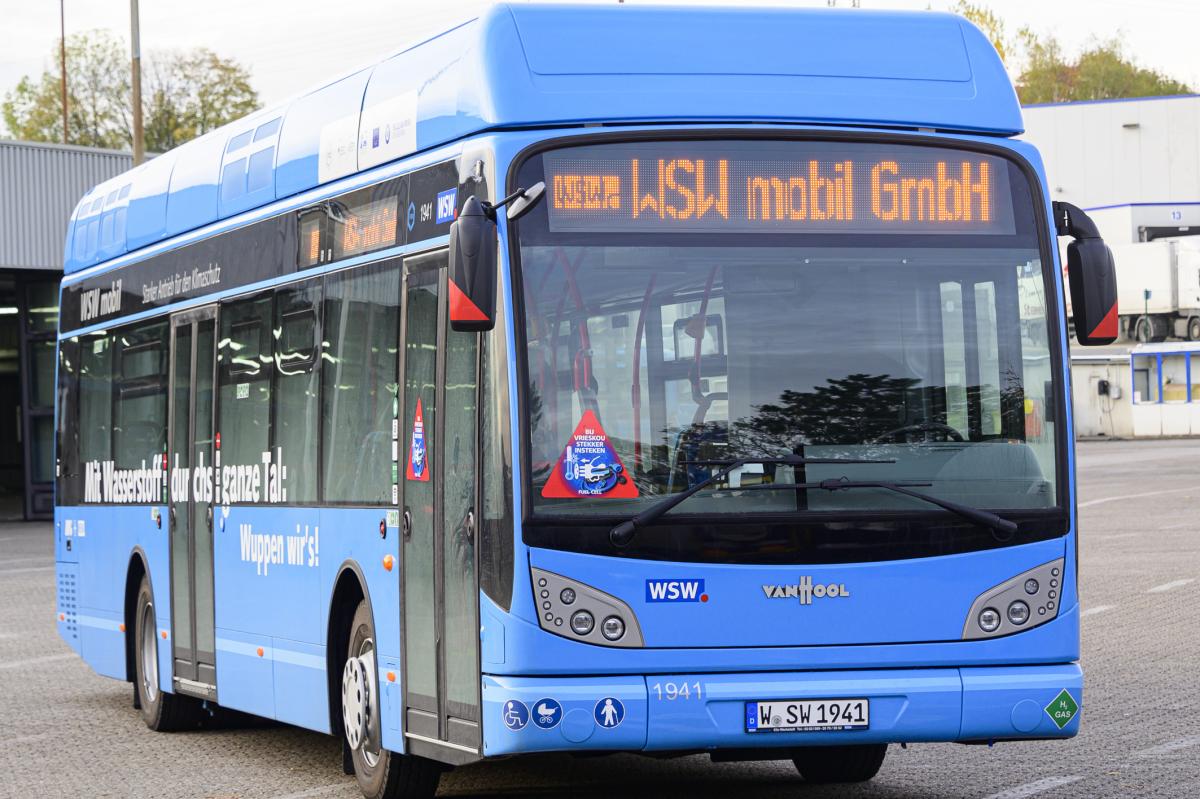
© WSW
‘Circular economy’ has become a trending word; the Wuppertal story is an excellent way to illustrate this. Can you explain how?
The Wuppertal project stands out because of the combination of all sectors: electricity, waste disposal and mobility. Understanding and linking all sectors is key to electric mobility and to achieve a circular economy. In Wuppertal, the buses use emission-free hydrogen produced from electricity generated during waste incineration. This is also the ultimate goal in Wuppertal to understand and implement the holistic approach to decarbonisation. In this way, the ecological goals of the region can be achieved while remaining economically affordable.
What are the next steps in Wuppertal?
JIVE is the beginning of a long journey for us, namely, to operate all our 300 buses emission-free. We will double the fleet with ten more buses arriving next year. The next steps are to get an 18 m articulated bus ready for series production and to use it successfully. To contribute to the start-up of the hydrogen economy in the region and thus to positively influence the price of hydrogen. And finally, we are just starting to plan a new depot suitable for electric mobility. So, we are not standing still!

